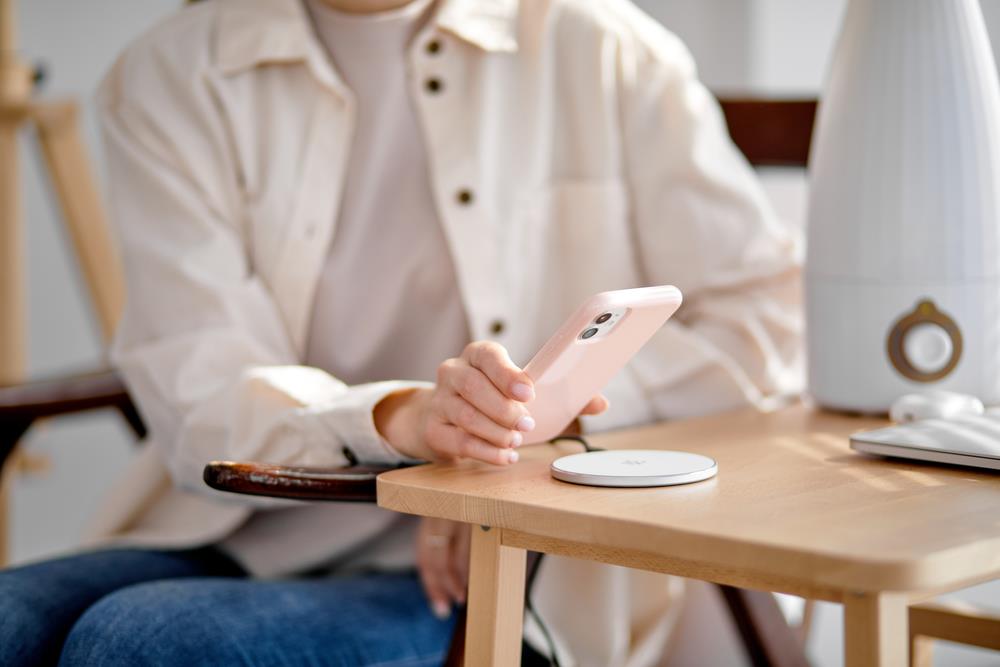The Next Plateau: 5 Predictions Shaping the Future of Smartphone Technology
In the fast-evolving realm of technology, smartphones stand at the forefront of innovation, constantly pushing boundaries and redefining our daily lives. As we step into the next decade, the future of smartphone technology promises to be nothing short of revolutionary. From groundbreaking advancements in hardware to transformative software developments, here are five predictions shaping the future of smartphones. Foldable screens dominate, offering versatility. AI becomes a personalized companion, anticipating user needs. 5G revolutionizes connectivity. Sustainable design emphasizes eco-friendly materials. AR/VR integration becomes mainstream, immersing users in digital-physical fusion.
Foldable Displays and Multifunctionality
The concept of foldable displays has already made its debut, but the next plateau will witness widespread adoption and refinement. Future smartphones are expected to feature more durable and versatile foldable screens, allowing users to unfold their devices into larger, tablet-like displays for enhanced productivity and immersive experiences. This shift towards multifunctionality will blur the lines between traditional smartphone and tablet use, offering consumers a seamless transition between various form factors based on their needs.
5G Integration and Enhanced Connectivity
The rollout of 5G networks is set to revolutionize the way we connect and interact with our smartphones. The next plateau in smartphone technology will see widespread integration of 5G capabilities, providing users with faster internet speeds, lower latency, and improved overall connectivity. This advancement will not only enhance the user experience for streaming, gaming, and communication but will also pave the way for new possibilities such as augmented reality (AR) and virtual reality (VR) applications that rely on high-speed, low-latency connections.
AI-Powered Personalization and User Assistance
Artificial Intelligence (AI) is set to play a pivotal role in shaping the future of smartphone technology. Smartphones will become even more intuitive and personalized, leveraging AI algorithms to understand user preferences, habits, and context. From predicting the apps you’ll need at a specific time to offering proactive suggestions based on your daily routine, AI-powered smartphones will provide a more seamless and tailored experience. Additionally, advancements in natural language processing will empower virtual assistants to become more conversational, making interactions with your smartphone feel increasingly human-like.
Biometric Security Advancements
The future of smartphone technology will witness enhanced biometric security measures to protect user data and privacy. While fingerprint and facial recognition technologies have become commonplace, the next plateau will introduce more sophisticated biometric authentication methods. From iris and retina scanning to advanced voice recognition, smartphones will adopt multiple layers of security, ensuring that only authorized users can access sensitive information. This increased focus on biometric security is not only driven by the need for stronger protection but also by the growing importance of smartphones in managing personal and financial data click here.
Sustainable Design and Eco-Friendly Materials
As the global awareness of environmental issues grows, the next wave of smartphone technology will prioritize sustainable design and eco-friendly materials. Manufacturers will increasingly adopt recycled and biodegradable materials in smartphone production, aiming to reduce electronic waste and minimize the environmental impact of discarded devices. Additionally, there will be a greater emphasis on energy-efficient components and manufacturing processes, extending the lifespan of devices and promoting a more sustainable approach to smartphone consumption.
Conclusion
The next plateau in smartphone technology promises an exciting era of innovation and transformation. From foldable displays to AI-powered personalization, each prediction outlined above represents a step towards a more interconnected, intuitive, and environmentally conscious future. As technology continues to evolve, smartphones will not only serve as indispensable tools for communication but also as catalysts for positive change, shaping the way we live, work, and connect with the world around us. As we embark on this journey into the future, the possibilities for smartphone technology are boundless, and the next plateau is just the beginning of an era where innovation knows no limits.

